During these unprecedented times, you’re likely wondering how to keep your pet and your family safe from the novel coronavirus threat. While coronaviruses are nothing new, this strain has not been seen before, which accounts for the serious toll it’s taking on human health. As COVID-19 spreads across the globe, and more cases are seen in the United States every day, we want to ensure you have the most accurate, up-to-date information, to keep your family, furry or otherwise, safe and healthy.
What is COVID-19?
A novel coronavirus, COVID-19 is thought to have originated in bats, and to have since adapted to infect people. The disease was first discovered in Wuhan, China, seemingly in a large seafood and live animal market. Although studies are still being performed, the initial thought is that COVID-19 jumped from an animal to a person, and now is transmitted only among people, causing coughing, fever, a sore throat, and difficulty breathing.
What types of coronaviruses do pets get?
Coronaviruses are a large family of viruses known for causing illness in a variety of species, including dogs, cats, horses, birds, pigs, and many other animals, including people. Most coronaviruses are species-specific, meaning they only infect one species, but a coronavirus occasionally can be zoonotic, and transmissible from animals to people. People cannot contract disease from dogs and cats, who can become ill with their own coronavirus strains. In dogs, coronavirus may cause diarrhea in its enteric form, or signs similar to kennel cough in its respiratory form. Cats suffer from an enteric form, developing diarrhea, although the virus can, rarely, mutate into a strain that causes feline infectious peritonitis.
Can pets get or transmit COVID-19?
The Centers for Disease Control and Prevention (CDC) have declared there is no evidence to indicate that pets, or any species other than people, can become sick with COVID-19, or that pets can serve as an infection source for people. However, although pets cannot directly infect people, they can serve as a means of indirect transmission. Primary transmission occurs through direct contact with a coughing or sneezing person whose infective respiratory droplets are inhaled. Indirect transmission occurs when these droplets land on a surface or object, which can infect a person through contact. For example, if a sick person sneezes on a dog, a healthy person who immediately nuzzles into the dog’s fur may contract the disease.
Can I still care for my pet if I have COVID-19?
Since your pet can still pass along virus particles in her fur, or on a leash or collar, ideally someone else should care for your pet if you are sick. If that is not a feasible option, the CDC recommends washing your hands before and after handling your pet, and avoid kissing, hugging, snuggling, or sharing food with your furry friend.
What should I do if my pet becomes ill after being in contact with a sick person?
If your pet develops respiratory issues after being in contact with someone diagnosed with COVID-19, contact your local public health official and our hospital. Based on the thousands of negative results for COVID-19 produced by a major veterinary diagnostic laboratory, and current information, the CDC does not recommend testing pets at this time, unless they have disease signs. According to the most recent COVID-19 data, your pet is more likely to have developed an upper respiratory infection, kennel cough, congestive heart failure, a collapsing trachea, or a variety of other respiratory illnesses.
Where can I find the most accurate information about COVID-19?
With the aid of your smartphone, information is easily accessible, but it’s not always accurate, or unswayed by public opinion. For current research and recommendations from leading animal and human health officials, check out the following websites for reputable information:
- World Health Organization (WHO)
- Centers for Disease Control and Prevention (CDC)
- American Veterinary Medical Association (AVMA)
- World Organization for Animal Health (OIE)
Will Tidmore Veterinary Hospital still be available to care for my pet?
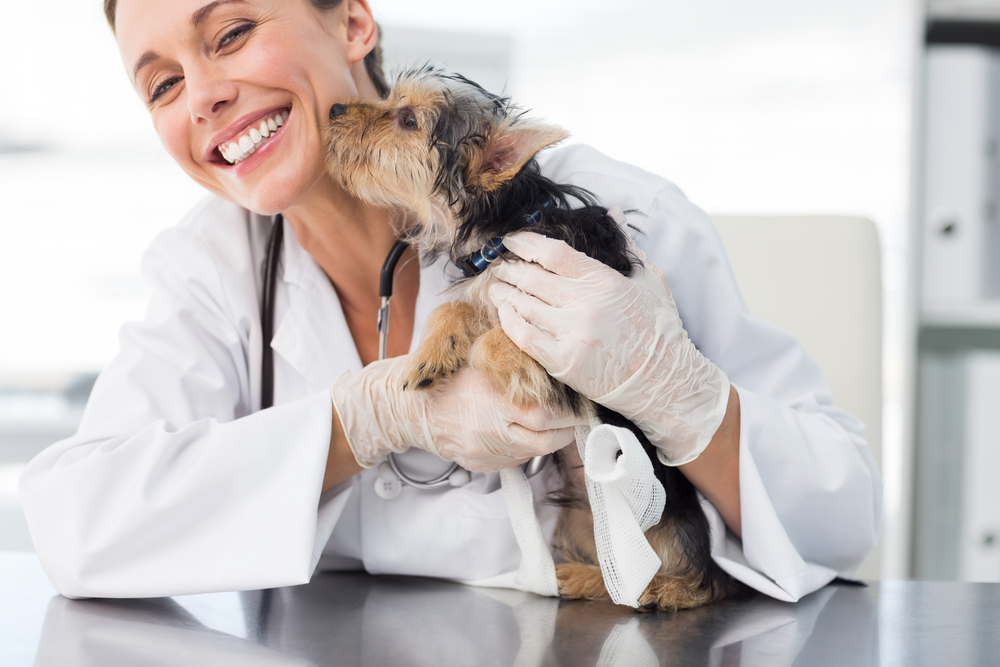
While we want to ensure every pet receives the best of care, we also want to keep our team, and your family, safe and healthy. For this reason, we may change our operating protocols in the future, so always call ahead. Our hours may change, we may function with bare-bones staff, and we may limit our services to sick, injured, or emergency cases only, and postpone wellness care and elective procedures. We may also implement “curbside” services, to limit the number of people inside our hospital. Regardless of the situation, we will always do our utmost to ensure the health of all your family members, both two- and four-legged.
For the most up-to-date situation regarding COVID-19 and your pet’s health and well-being, contact us.




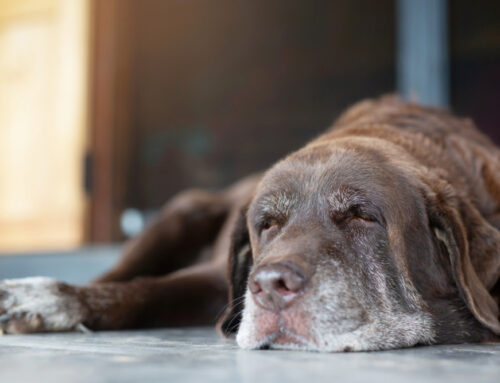
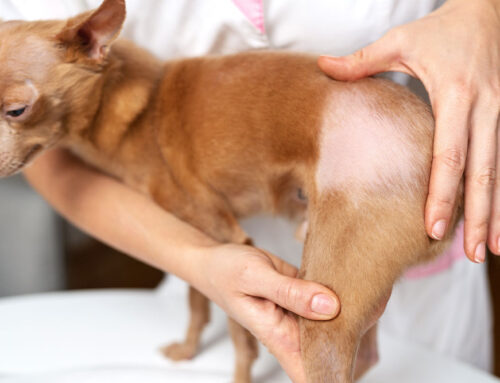
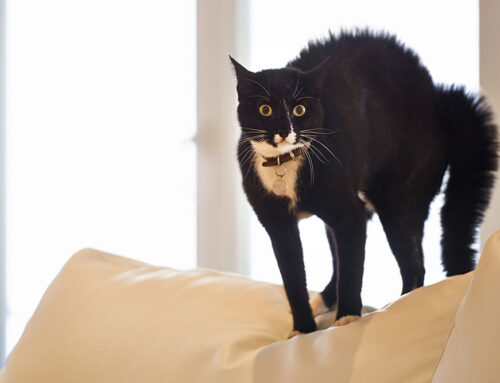
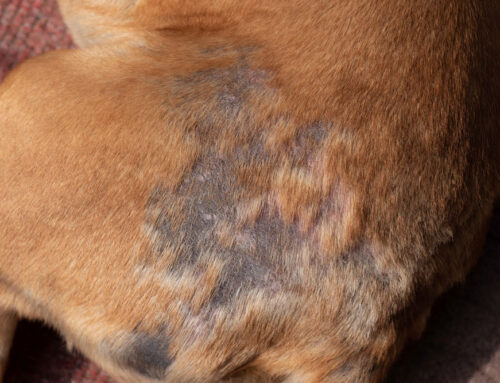
Leave A Comment